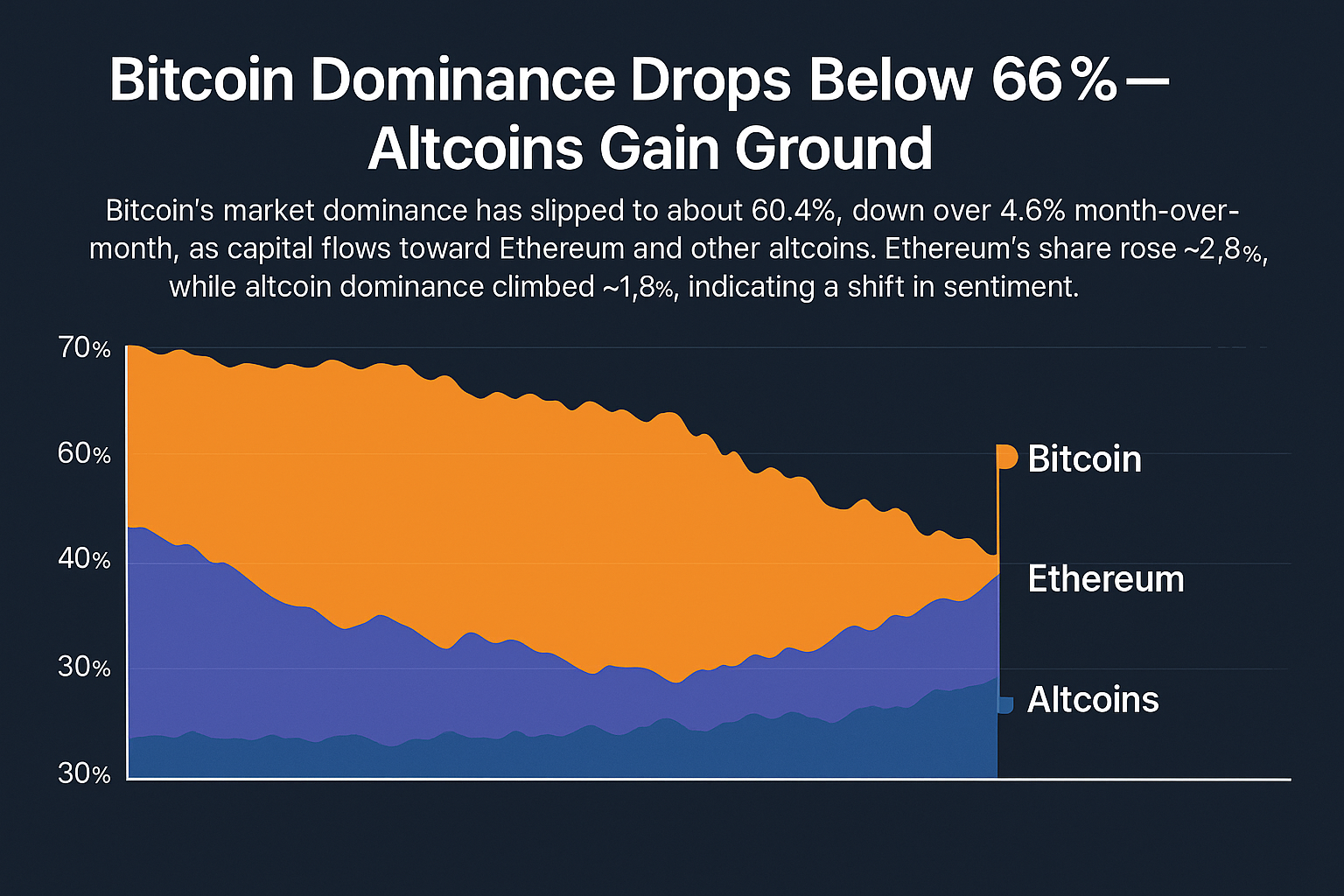Paul Atkins, former SEC commissioner and Donald Trump’s nominee for the SEC chairmanship, has emphasized that digital asset regulation will be a key priority if confirmed. During his Senate confirmation hearing, Atkins stated that establishing a rational regulatory foundation for digital assets is crucial for market growth and investor confidence. His stance marks a potential shift in the SEC’s approach, with a focus on fostering innovation while ensuring financial stability.
A Critique of Past Crypto Policies
Atkins strongly criticized the previous SEC administration for its inconsistent and often hostile stance on cryptocurrencies. He argued that unclear regulations, along with aggressive enforcement actions, have stifled innovation and driven blockchain startups offshore. The lack of clear regulatory guidelines, according to Atkins, has led to uncertainty among investors and businesses, making it difficult for the U.S. to maintain its leadership in the global digital asset space.
He pointed out that many crypto companies have chosen to relocate to jurisdictions with more predictable regulatory frameworks, such as Switzerland and Singapore, where clearer guidelines provide businesses with the confidence to operate. Atkins believes that the U.S. needs to take urgent action to prevent further capital and talent outflow in the blockchain industry.
Calls for Regulatory Clarity and Market Growth
Atkins has made it clear that he supports a balanced approach—one that provides legal clarity while maintaining investor protection. He emphasized the importance of distinguishing between different types of digital assets, ensuring that regulatory oversight is appropriate rather than excessive. He also acknowledged the potential of blockchain technology to improve financial services, reduce costs, and enhance transparency, making a case for policies that encourage innovation rather than suppress it.
His stance has been well received by many in the crypto industry, particularly by venture capitalists and blockchain entrepreneurs who have long called for a more business-friendly regulatory environment. They argue that a shift in policy could unlock new investment opportunities and foster technological advancements that would benefit not just crypto-native companies but the broader financial ecosystem.
Concerns and Opposition
Despite the enthusiasm from crypto advocates, some lawmakers and regulators remain cautious about Atkins’ views. Critics warn that reducing oversight could lead to increased risks of fraud, market manipulation, and illicit activities. Given the history of scandals and security breaches in the crypto industry, there are concerns that looser regulations might expose investors to higher levels of risk.
Additionally, consumer protection groups argue that regulation should prioritize safeguards for retail investors, many of whom have suffered losses due to volatility and scams in the crypto market. Some senators questioned how Atkins plans to balance innovation with security, particularly in light of previous incidents where weak enforcement allowed fraudulent schemes to thrive.
What to Expect if Atkins is Confirmed
If confirmed, Atkins is expected to lead efforts in redefining how digital assets are classified and regulated under U.S. securities laws. His appointment may signal a departure from the SEC’s previous enforcement-heavy tactics, instead prioritizing a framework that encourages responsible growth in the crypto sector.
Some of the key regulatory areas he is likely to address include:
Token Classification: Establishing clearer guidelines on whether certain cryptocurrencies should be considered securities, commodities, or a new asset class altogether.
Decentralized Finance (DeFi) Regulation: Creating tailored rules that acknowledge the unique nature of decentralized applications while mitigating risks of illicit activities.
Stablecoin Oversight: Working with other regulators to determine appropriate supervision for stablecoins, ensuring they do not pose risks to financial stability.
Crypto Exchange Regulations: Setting standards for crypto trading platforms to enhance investor protection without stifling their ability to innovate.
A Turning Point for U.S. Crypto Regulation?
With bipartisan discussions on crypto regulation gaining momentum, Atkins’ leadership could play a significant role in shaping the future of digital assets in the United States. His emphasis on regulatory clarity and market-friendly policies may mark a turning point for both investors and blockchain-based enterprises.
While the road ahead will likely involve intense debates and policy negotiations, Atkins’ nomination suggests that the U.S. may be shifting towards a more pragmatic approach to digital asset regulation—one that balances innovation with security. Whether this shift will prove successful remains to be seen, but his confirmation could be a defining moment for the industry’s future in the United States.




